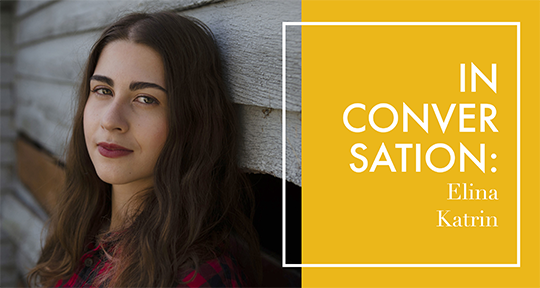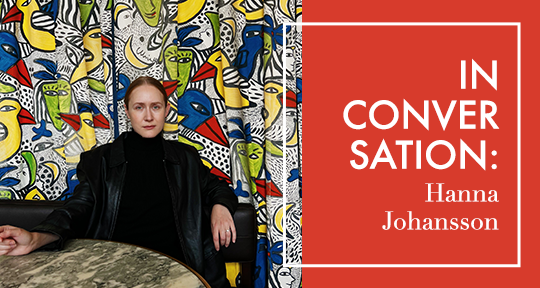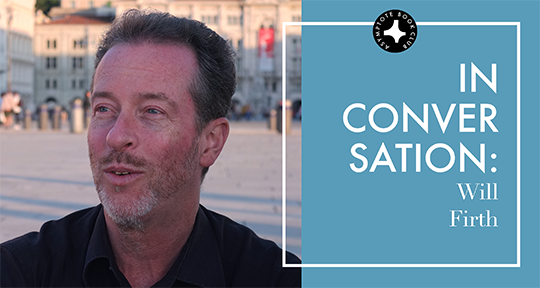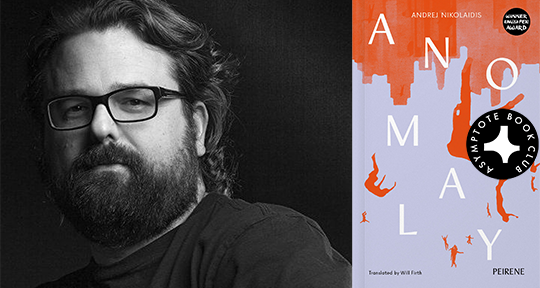In this month’s compilation of newly released titles, our editors take a close look at three works that cohere stylistic invention with unconstrained probings into reality. In a bold collection of psychogeography, Daniel Saldaña París vivifies the urban space as a transformative intersection of image and imagination. From Aimé Cesaire, one of the founders of négritude, an early dramatic work provides further insight into his potent discourse against colonial violence. And in the English-language debut of one of Latin America’s most vital political thinkers, a volume combining dialogue and essay introduces the essentiality of communal resistance in the thinking of Raquel Gutiérrez-Aguilar.
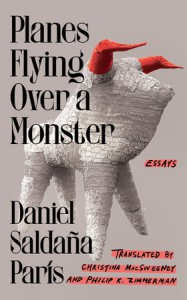
Planes Flying Over a Monster by Daniel Saldaña París, translated from the Spanish by Christina MacSweeney and Philip K. Zimmerman, Catapult, 2024
Review by Sofija Popovska, Editor-at-Large for North Macedonia
“The long poem of walking manipulates spatial organizations. . . It creates shadows and ambiguities within them. It inserts its multitudinous references and citations into them. . .” writes Michel de Certeau in his 1984 book, The Practice of Everyday Life. I thought of these words immediately as I immersed myself in the shifting landscapes of Planes Flying Over a Monster, a collection of ten essays by Daniel Saldaña París, translated from the Spanish by Christina MacSweeney and Philip K. Zimmerman. In writing about (and moving through) Montreal, Havana, Mexico City, Madrid, and other places, Saldaña París engages in a transformative cartography, rearranging bits of metropolises in turn into a tangle of ruelles frequented by a secret writer; a map of zones where different types of drugs can be purchased; a junction between “three different groups playing the same son cubano tune at different rhythms on three different corners of the plaza”; and a stretch of space-time existing only momentarily within a locked gaze between a shy, adolescent cult member and his adult self. Tracing the connections between places, people, and events, Saldaña París creates a sense of communion with the world that is at times uneasy, yet always shot through with radical tenderness and a rare species of honesty—the kind that doesn’t confuse itself with the truth. This self-awareness, rooted in the memoir aspect of the collection, intensifies the realism that the genre of nonfiction always purports to provide, yet only occasionally delivers.
The collection’s closing essay, “Assistants of the Sun,” is also the beginning of the story—chronologically speaking. In it, we meet a young Saldaña París, dragged into joining a cult by his father and uncle. The sect’s activities happen during nature retreats, and include rituals of varying extremity—anything from walking in a neat line to a live burial. Saldaña París is forced to confront these memories years later, watching footage of these events while sitting with his partner Catherine in a borrowed Brooklyn apartment—an arrangement he mentions multiple times throughout the essay, as though attempting to anchor himself amidst the flood of disturbing recollections. He faces the past with striking empathy—remembering his father as “softness personified, mildly alcoholic, holding down three jobs . . . and a radical advocate of tenderness,” despite his having roped his son into a scam. This compassionate clarity, spanning all ten essays, is consonant with the author’s mission—relayed to him by an extra-terrestrial during a cult activity—to “help the sun to illuminate the world.” READ MORE…



